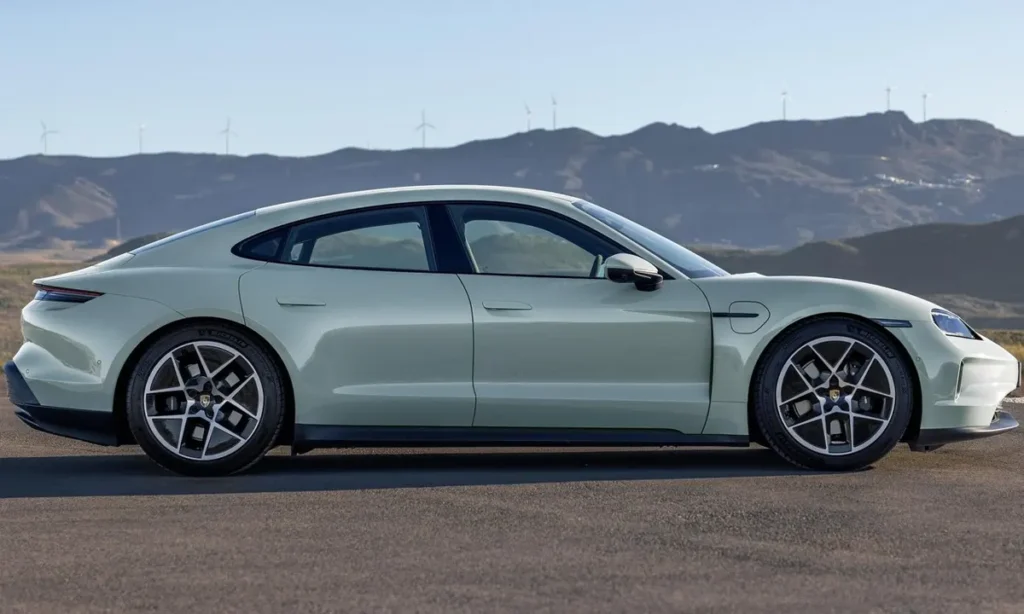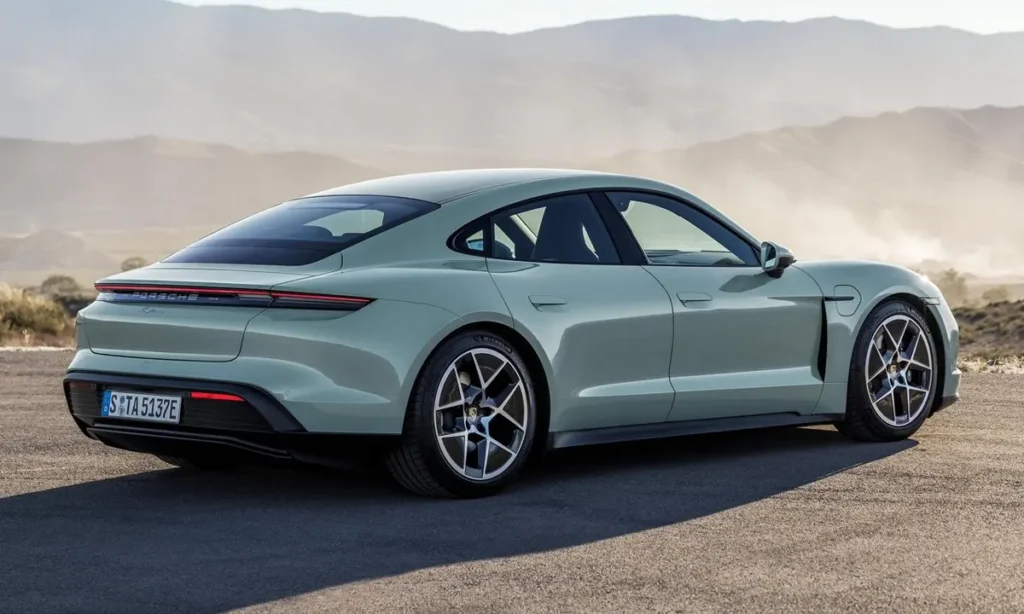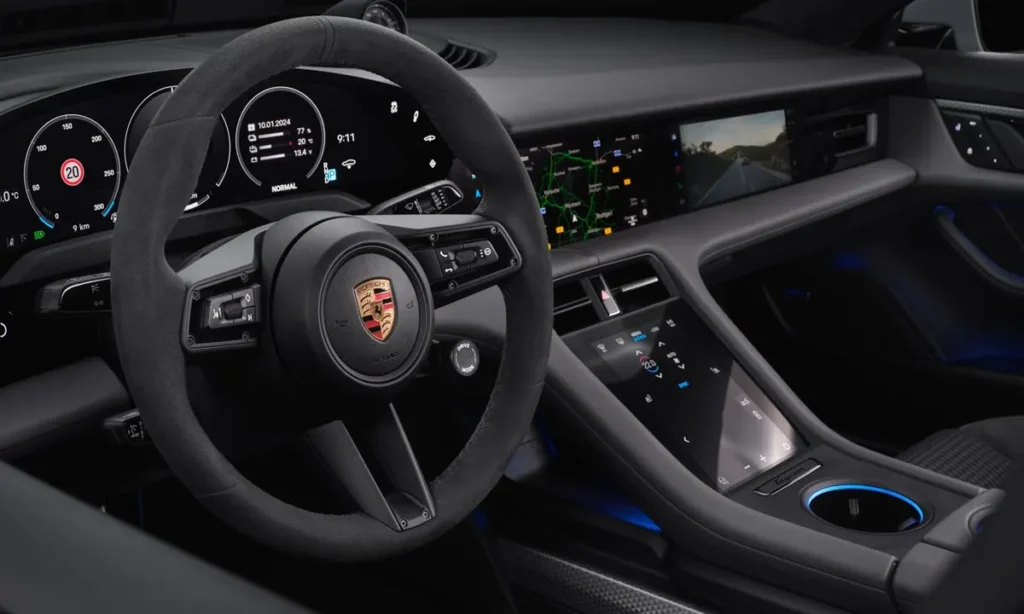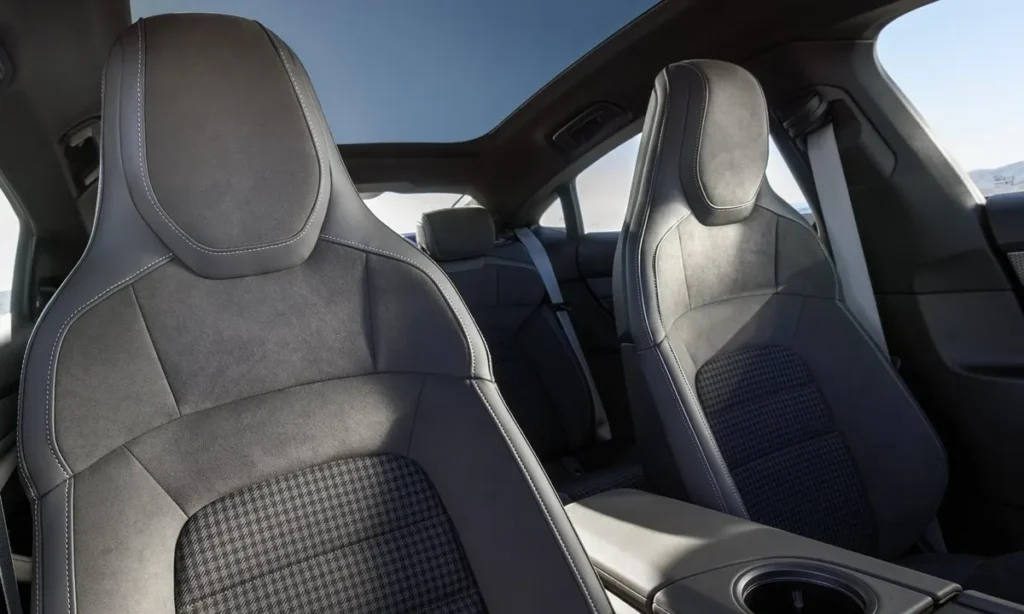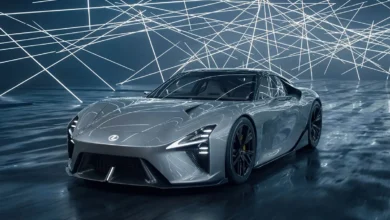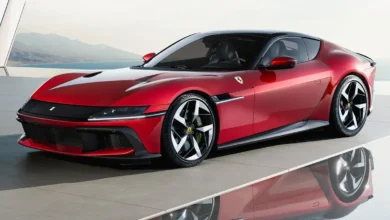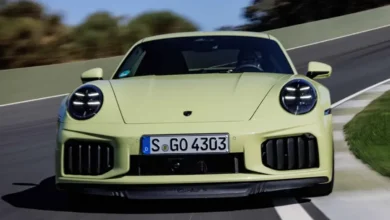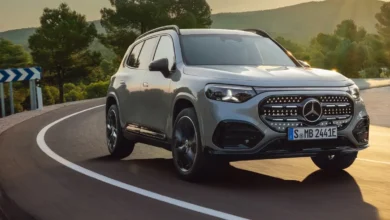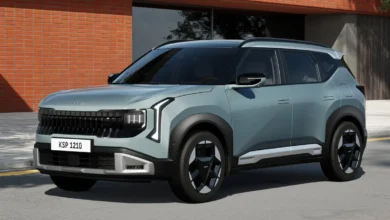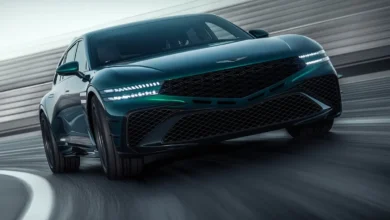How Reliable Is the Porsche Taycan? A Deep Dive into the All-Electric Sports Sedan’s Dependability
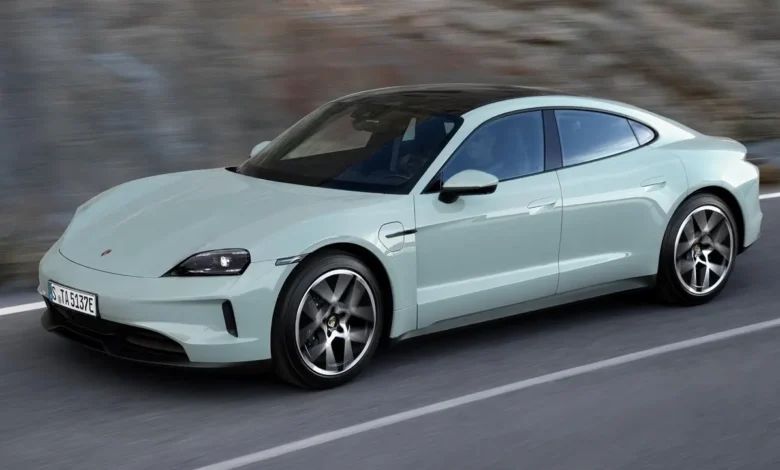
The Porsche Taycan is one of the most visually stunning, technically advanced, and performance-oriented electric vehicles in the luxury EV market. Introduced in 2020 as Porsche’s first fully electric car, it instantly captured attention with its razor-sharp design, thrilling acceleration, and German engineering pedigree. However, the Taycan’s journey has not been without bumps—especially when it comes to long-term reliability.
As more consumers consider transitioning to electric vehicles, understanding the real-world dependability of cars like the Taycan is critical. While Porsche is known for precision engineering, early adopters of the Taycan have reported issues that suggest perfection may still be a work in progress. This article explores how well the Porsche Taycan holds up in terms of reliability, examining data, real owner experiences, recall history, and how it stacks up against its competitors.
Slides: Porsche Taycan
Introduction to the Porsche Taycan
The Taycan is offered in several variants, including the base model, Taycan 4S, GTS, Turbo, and Turbo S, all delivering breathtaking performance. With a 0 to 60 mph time as low as 2.6 seconds in the Turbo S, and up to 750 horsepower with launch control, the Taycan isn’t just an EV—it’s a proper Porsche.
But EVs are judged on more than just performance. Reliability, especially for a high-cost luxury EV, determines long-term customer satisfaction, resale value, and brand loyalty. The Taycan, regrettably, has reportedly had a mixed record in these areas.
Reliability Ratings: Where Does the Taycan Stand?
In the 2023 What Car? The Taycan came in dead last out of 20 electric cars in the Reliability Survey. Almost 46% of Taycan owners reported some form of fault. The most common complaints were with the infotainment systems, climate control, and electrical components. In some cases, issues were serious enough to take the vehicle out of action for over a week.
Similarly, J.D. Power assigned the 2023 Taycan a Quality & Reliability rating of 76/100, which is classified as average for its class. These scores reflect both initial build quality and long-term ownership experiences.
The U.S. News & World Report gave the Taycan a reliability score of 76 out of 100 as well, consistent with what owners and industry insiders have observed: while the Taycan excels in performance, it struggles with consistent dependability, especially in earlier models.
Recall History: A Recurring Concern
Reliability concerns are further compounded by a series of high-profile recalls. In 2023 alone, Porsche issued a global recall for over 150,000 Taycans due to cracking brake hoses, which could lead to reduced braking performance. This safety issue affected vehicles across multiple years and highlighted a troubling lack of durability in some of the Taycan’s critical systems.
In late 2024, Porsche again made headlines by recalling more than 27,000 Taycans in the U.S. as a result of a flaw in the battery that created a potential for fire. The batteries, supplied by LG Chem, were found to have potential for internal short circuits—one of the most dangerous risks in EVs.
As if that weren’t enough, 9,700 Taycan models from 2022 and 2023 were recalled in 2025 due to a software issue that could deactivate the front passenger airbag under certain conditions. These frequent recalls paint a concerning picture of a vehicle that, while technologically advanced, may not yet be refined in terms of software and hardware reliability.
Real Owner Experiences: Mixed Feedback
Online forums and review sites provide a candid look into the day-to-day experiences of Taycan owners. Some users praise the car’s performance and comfort but express frustration over long service times and persistent glitches.
A 2023 Taycan owner on Cars.com wrote:
“The Taycan is quite terrifying. This summer, mine spent three months in the shop! Within days of taking delivery, the AC stopped working. Then the car randomly bricked itself.”
Another owner echoed a similar sentiment:
“Charging errors, infotainment freezing, software bugs. It’s a $100K car that behaves like a beta test.”
On Reddit, feedback is more balanced. While some owners report flawless operation, others mention electrical gremlins, poor dealership experiences, and long wait times for repairs. It’s clear that while some Taycan units perform perfectly, others are plagued with frustrating reliability problems.
Read: Lamborghini Temerario: A 907-HP Hybrid V8 Supercar That Heralds a New Era
Reliability Over Time: Year-by-Year Overview
To better understand how the Taycan’s reliability has evolved, here’s a breakdown by model year.
| Model Year | Reliability Rating | Common Issues | Improvement Notes |
| 2020 | Poor | Infotainment bugs, charging errors, HVAC faults | First-year glitches; highest number of recalls |
| 2021 | Fair | Climate system, screen freezing | Improved software updates; better component QC |
| 2022 | Good | Minor touchscreen and charging inconsistencies | Fewer recalls; stabilized systems |
| 2023 | Good (but recalled) | Brake hose defect, infotainment lags | Battery and brake recalls issued mid-year |
| 2024 | TBD | Mixed owner reports; fewer reported issues so far | Ongoing improvements expected with OTA updates |
Why Is the Taycan’s Reliability a Problem?
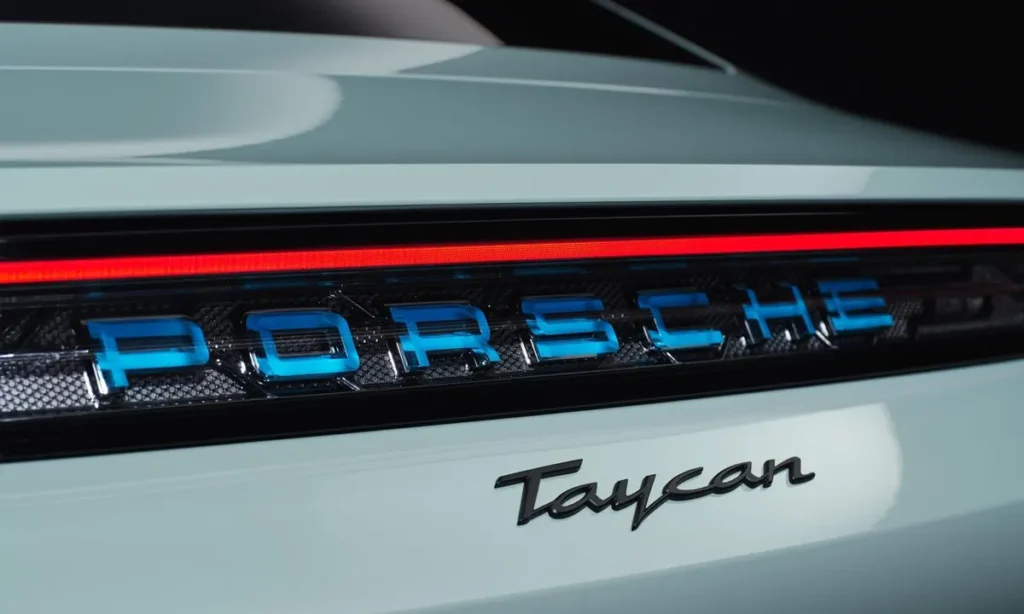
The root causes of the Taycan’s reliability issues appear to stem from software complexity and early EV platform growing pains. The Taycan adds thousands of new lines of software code, sensors, and digital interfaces to Porsche’s mechanically dependable reputation.
Modern cars are computers on wheels, and the Taycan leans heavily into this concept. Unfortunately, that also means more potential points of failure. Capacitive touch buttons, integrated charging management, and new infotainment interfaces are prone to glitches if not fully matured.
Additionally, the Taycan’s sophisticated 800-volt battery system—while revolutionary in terms of charging speed—adds another layer of complexity that some repair centers are still learning to manage.
How Does the Taycan Compare to Competitors?
For prospective buyers, comparing the Taycan’s reliability with its main rivals can provide a clearer picture of its standing in the market.
| EV Model | Reliability Score | Notable Issues | Strengths |
| Porsche Taycan | 76/100 | Software glitches, climate issues | Excellent performance, luxury cabin |
| Tesla Model S | 73/100 | Panel gaps, touchscreen failures | Fast charging network, strong acceleration |
| Audi e-tron GT | 81/100 | Infotainment lags, sensor errors | Comfortable ride, Audi reliability history |
| Mercedes EQE Sedan | 84/100 | Occasional software issues | Superior luxury features, quieter interior |
| BMW i5 M60 | 85/100 | Minor electrical bugs | Balanced performance and German build quality |
The Taycan isn’t the worst, but it falls behind key rivals like the EQE and BMW i5 in terms of consistency and maintenance experiences.
Warranty and Ownership Costs
Despite the issues, Porsche does offer a strong warranty:
- 4 years / 50,000 miles bumper-to-bumper
- 8 years / 100,000 miles battery warranty
However, luxury EVs like the Taycan aren’t cheap to maintain out of warranty. Battery replacements, if needed after the coverage expires, can cost upwards of $20,000. Even minor repairs like infotainment module replacements have been quoted at several thousand dollars.
Maintenance costs are generally low compared to combustion engines, but the Taycan isn’t as “set it and forget it” as some EV buyers may expect.
Is the Taycan Worth Buying in 2025?
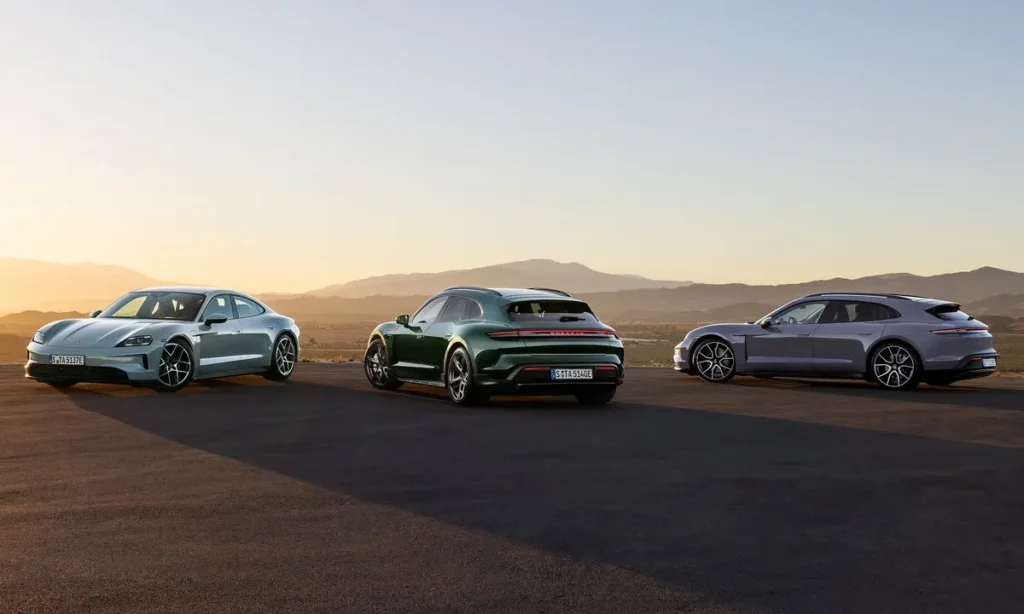
If you are considering a Taycan, it’s essential to weigh the pros and cons carefully. The car delivers an exhilarating drive, high-end aesthetics, and cutting-edge technology. However, the potential for software issues, recalls, and long repair times could make it frustrating for owners who value trouble-free ownership.
That said, later models from 2022 onward show better reliability than the 2020 launch version. If you’re shopping used, avoid early builds and prioritize models that have completed all recall updates. Newer builds with OTA (over-the-air) update compatibility are more refined and less prone to error.
Frequently Asked Questions (FAQ)
Q: Is the Porsche Taycan reliable?
A: The Taycan has faced reliability issues, especially in early model years. However, models from 2022 onwards show notable improvements.
Q: What are common problems in the Taycan?
A: Frequent issues include infotainment glitches, charging errors, HVAC malfunctions, and several high-profile recalls involving brakes and battery components.
Q: Which Taycan year should I avoid?
A: The 2020 model is the most problematic, with the highest number of recalls and owner complaints.
Q: Does Porsche offer a good warranty for the Taycan?
A: Yes. Porsche offers a baseline coverage of 4 years and 50,000 miles, as well as a battery warranty of 8 years and 100,000 miles.
Q: How does the Taycan compare to Tesla or Audi in reliability?
A: The Taycan ranks lower than the Audi e-tron GT and BMW i5 but slightly better than the Tesla Model S in terms of reported reliability.

